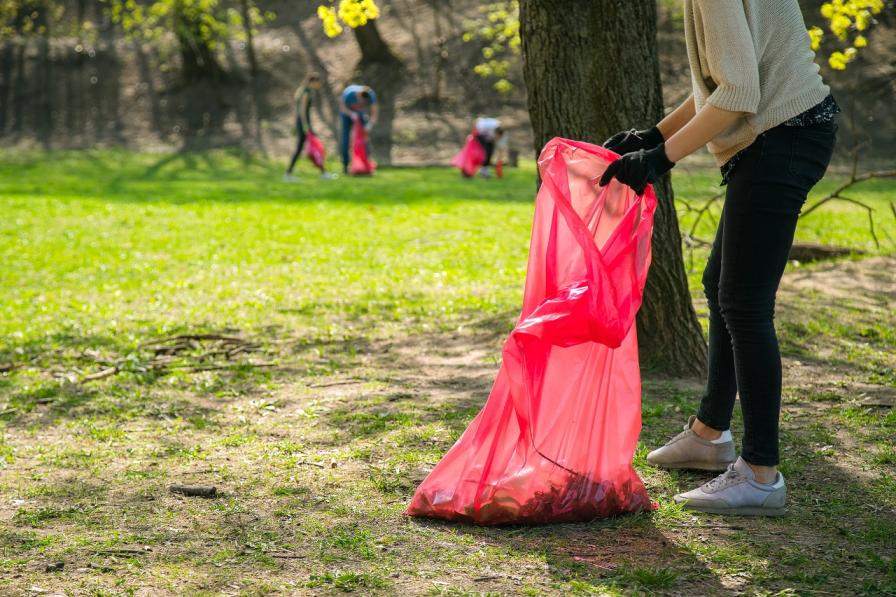Why not add these to compliment your wheelie bins?
Your basket is currently empty.
Shop NowBest Price Wheelie Bins Guaranteed! Find the same bin for a cheaper price and we will beat it!

When’s the last time you took part in a community event? Having a street party or craft fair is great, but there’s nothing quite like getting people together to do something proactive that will benefit the neighbourhood long-term. An excellent example is organising a litter-picking event.
Litter-picking events are simple and straightforward: people meet up at a set time and are given tools for gathering rubbish, which they do until a set end time or for as long as they’re able. However, there are numerous tips that will help the event to remain safe, responsible, effective and, perhaps most importantly, fun for all.

Below are some suggestions that will help you to create and run a very successful community event. Some of these you may not have thought of and some may seem like red tape and fussiness, but something done in the community’s best interests can go wrong if you miss out certain details. After all, you'd be surprised if you hadn't heard about the event and found a stranger in your front garden, and you certainly wouldn’t be happy if you hurt yourself whilst trying to retrieve a plastic bag from a bush.
If you decide to run a litter-picking event, please do let us know by getting in touch through our Facebook and Twitter channels.
TIPS FOR A SUCCESSFUL LITTER-PICKING EVENT
1) Do you have legal access to the land? If you want to pick rubbish from people’s gardens, council areas and other places such as farms, get permission first.
2) Carry out a risk assessment beforehand. Are there any places where people may slip or fall, snag themselves on something sharp, or is there medical/human waste that needs to be professionally removed first?
3) Make a map. That’s right, a ruddy map! Print them off for people so that they know where amenities are, such as toilets, refreshments and so on. Or if you’re just doing a small litter pick, make sure people know where the boundaries lie, otherwise they may go roaming miles away!
4) When will it be held? Weekends usually work best, especially Sundays as more people are available and there’s less traffic. Plus it’s a positive and feel-good event for people to take part in before another week at work.
5) Spread the word! Whether that’s by knocking on doors, distributing leaflets and posters, or even taking advantage of the local press, radio and social media, you can get loads of people involved! They don’t even have to be from your neighbourhood, some may just want to help out.
6) What equipment do you need? Gloves and heavy duty bin bags are a must, and you might need wheelbarrows too. High-visibility vests are also handy. Contact your local council to see if they can help by providing litter-picking gadgets. You may even be able to get a free skip from a company that wants to help the community if you think the job warrants one. Heck, in return for some publicity and their logo on a flyer, a local hardware store or supermarket may even give you free bin bags! And if you need wheelie bins, you know where to go.

7) On the day, make sure that all volunteers know what to do. It’s not rocket science, but the clearer the communication, the better the event.
8) Volunteers must be careful not to disturb or damage natural habitats. Birds, butterflies, household cats, sleeping water voles – you never know what might be hiding in tall grass, trees or bushes.
9) Try to get some media coverage out of it. Even if you’ve already been in the paper or on the radio to promote it, chances are they’ll do a follow-up piece. This isn’t just to make you feel proud, it could inspire others to organise their own litter-picking event.
10) Most importantly, make sure that everyone has loads of fun!